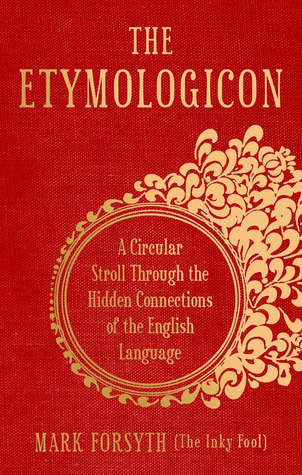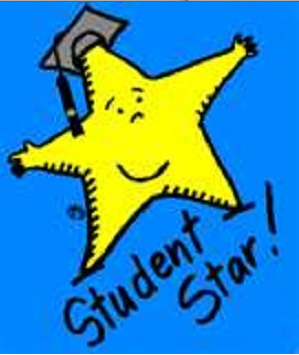I don’t know if you lot have noticed, but I’m a bit of a nerd. Last year I went to my local library and borrowed The Elements of Eloquence: How to Turn the Perfect English Phrase by Mark Forsyth and enjoyed it so much I bought a copy and then read it again. It now resides on my desk in my “reference” section. So when I spotted The Etymologicon by Forsyth in a bookshop a month ago, I had to go back on payday and buy it.

The Etymologicon is, as the title suggests, about etymology. Forsyth examines the roots of common words and how they connect to one another, in a familiar and engaging style that wanders this way and that through Latin, French, German, Chinese, Greek and all the way back to Proto-Indoeuropean. He fills his account with snippets and quotes that delight and amuse, such as this from the chapter “Dick Snary”:

I do love a pun, and I am impressed that Forsyth has found such an old one. And what better than some word-play to illustrate the history of a book that lists words in a book about the origins of words? Wonderfully approriate!
If you are looking for depth, this isn’t the book for you, since Forsyth lingers only long enough to impart the important information, plus perhaps a tangent or two and and an amusing story, before moving on to the next word. The benefit of this approach is that you never get bored and you’re always learning something new; if you want to delve a little deeper into a word, there’s nothing to stop you heading over to Google or Wikipedia, or Forsyth’s key sources (provided at the end of the book), to find out more.
I rate The Etymologicon 9/10. I thoroughly enjoyed reading it and heartily recommend it to anyone who’s a bit of a word nerd. It’s easy to dip in and out of too, so it would do nicely on a coffee table – or in the bathroom.
Advertisements Share this:




